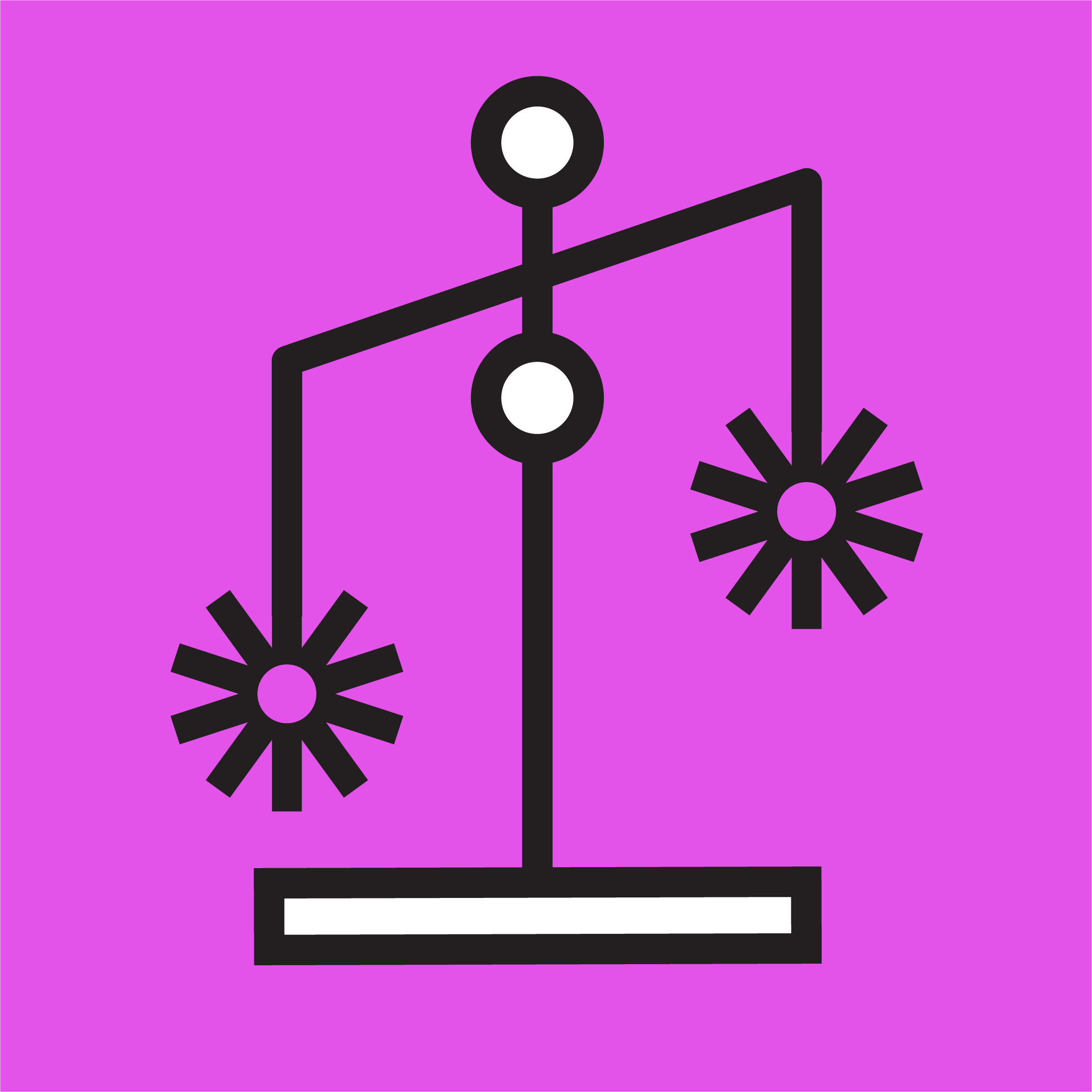Last week we hosted a successful event about the United Nations Convention on the Rights of Disabled People (UNCRDP) and how people in the north west of England feel about whether their human rights under the convention are being met here in the UK in 2021.
Our event was one of many taking place as part of a project with other disabled people's organisations across the country to co-produce an England civil society shadow report.
We were joined by Profession Anna Lawson of Leeds University School of Law who explained the UNCRDP: its history; what it means for disabled people today; and how the shadow reporting process works. Essentially it is an international treaty stating the human rights of disabled people.
In small groups, attendees shared their experiences of how their human rights are being met, or in many cases not being met. We made details notes of people's contributions and these will be fed in to the report.
People were in unanimous agreement that the state of disabled people's human rights are getting worse. The coronavirus pandemic has exacerbated existing inequalities and problems and is being used as an excuse for when people aren't getting their rights and needs met. People felt that discrimination was getting worse, fuelled by negative media portrayals.
"60% of people who died from COVID were disabled, only 20% of the population is disabled, therefore we are not getting our right to life."
The three main areas where people experienced issues that meant their human rights were not being met were:
- Healthcare: blanket DNRs ('do not resuscitate' orders) imposed on disabled people in care homes and hospitals; diagnostic overshadowing; COVID deaths.
- Education: disabled children not getting the support they are entitled to and need.
- Housing: lack of accessible homes, people living in care homes because of this, problems getting homes adapted.
Employment, austerity, transport, digital exclusion and reduction in accessibility of the built environment were among the many other areas of life where the disabled people who attended said things had got worse.
The next stage of the project will be the Launch of a quick accessible online survey to further refine prioritisation of issues. Once this goes live, we will share the link.
